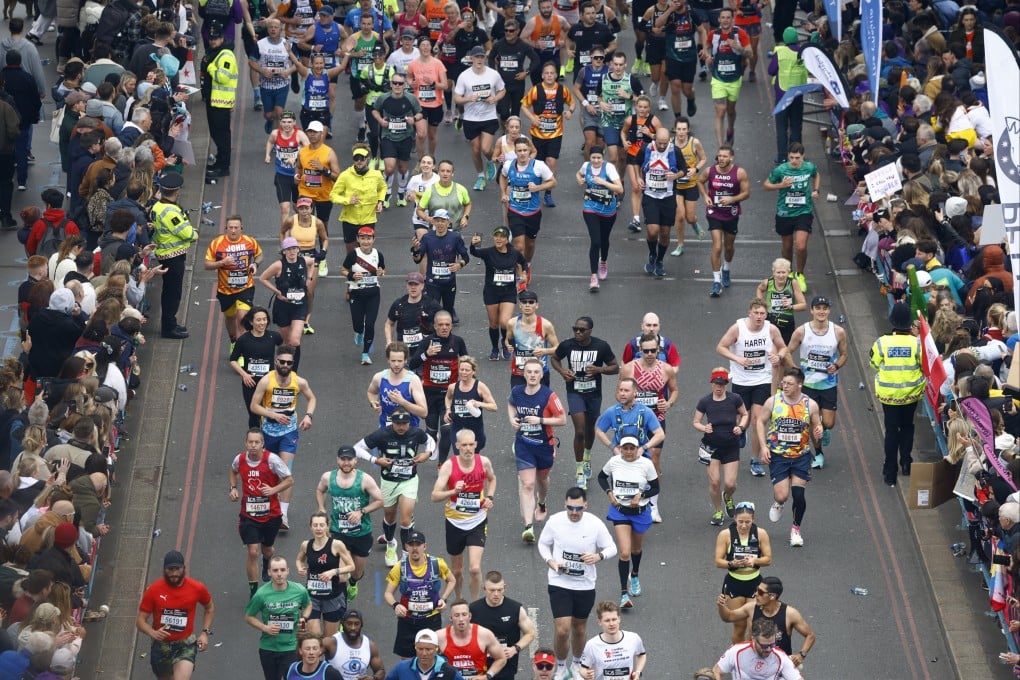High-intensity warm-up before a marathon no better than gentle jog in improving endurance performance, research suggests
- Recent review and meta-analysis has found high-intensity exercises do not improve endurance performance
- Researchers looked at post-activation performance enhancement (PAPE) exercises in endurance exercises

It’s common to see long-distance runners jumping up and down or dashing out short sprints before a race as part of their warm-up routine. But a recent review and meta-analysis has found these types of exercises do not improve endurance performance.
In fact, there is no robust evidence that explosive or high-intensity exercises before a race are effective in improving performance for shorter distances either. Indeed, there isn’t any solid evidence supporting other forms of exercise either.
Researchers looked at post-activation performance enhancement (PAPE) exercises in endurance exercises. Endurance is categorised as a less-than-maximum-intensity exercise that can be completed over a long duration, such as a marathon. PAPE normally involves an acute bout of high-intensity exercise before a specific task, such as running.
The generally accepted opinion among sports scientists is that PAPE is associated with enhanced muscle power performance in short endurance activities, a phenomenon called post-activation potentiation (PAP). It is expected that PAP enhances long endurance events by increasing power output at the race’s beginning. But a “paucity of well-designed studies” means there is limited evidence to back this line of thinking.
“We found no support to recommend warm-up strategies to induce PAPE in endurance exercises,” researchers from the University of Sao Paulo, Brazil, said.

The findings, published in Medicine & Science in Sports & Exercise, reviewed over 34 studies of running, cycling and rowing between 1993 and 2022.